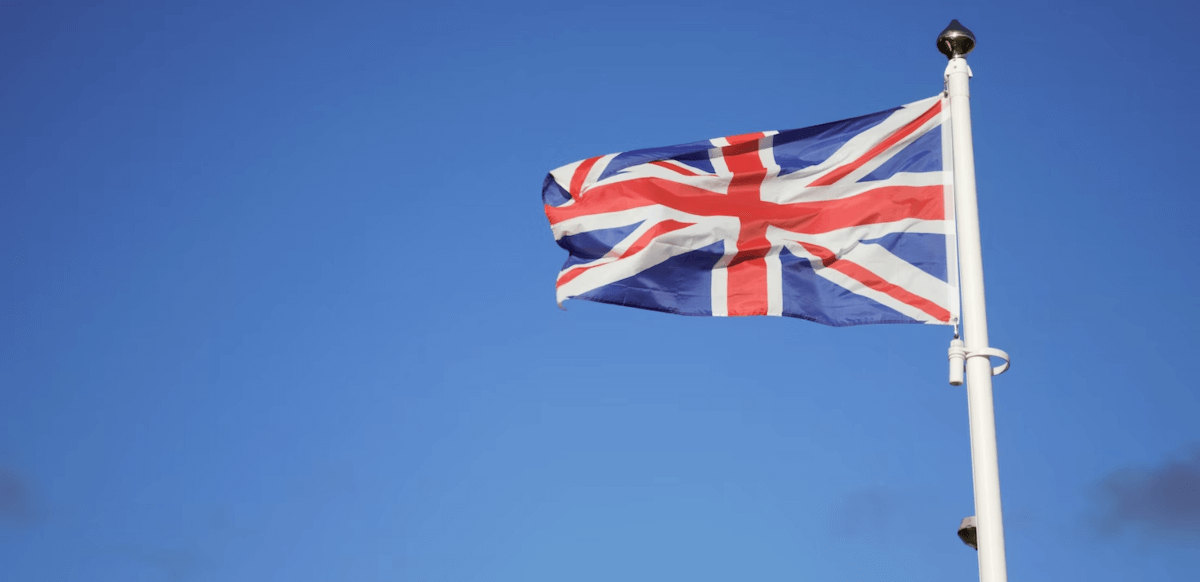Key Insights
- UK consumer inflation fell sharply to 4.6% annually in October, down from 6.7% in September.
- The larger than expected drop was driven primarily by falling housing costs.
- The deceleration may reduce pressure on the Bank of England to continue hiking interest rates aggressively.
UK consumer inflation dropped sharply in October to the lowest level in over two years, easing pressure on the Bank of England to continue aggressively hiking interest rates.
The headline consumer price index (CPI) fell to 4.6% annually, down significantly from 6.7% in September, the Office for National Statistics reported Wednesday. Economists had forecast a reading of 4.8%.
On a monthly basis, CPI was flat versus expectations of a 0.1% increase. The largest contributor to the decline was housing costs, with the annual rate hitting the lowest level since 1950.
Core CPI, which excludes volatile food and energy prices, also slowed to 5.7% annually from 6.1% previously.
The larger-than-expected deceleration offers hope that the UK may have turned a corner in its inflation fight after CPI topped 11% earlier this year. However, core inflation remains stubbornly high.
Following the data, investors reduced bets on further rate hikes by the Bank of England which paused tightening in September after 15 consecutive increases. But policymakers may want to see broader inflation relief before declaring victory.
The inflation slowdown will be a welcome relief for new Prime Minister Rishi Sunak, who pledged to cut inflation in half by the end of 2022. However, analysts say falling energy prices and higher borrowing costs, not government policies, are responsible for the progress.
While the October reading marks a milestone, the road ahead remains challenging. Inflation is expected to moderate only gradually from here absent more aggressive policy action. But the latest data indicates the Bank of England’s rate hikes may be finally starting to take hold.


